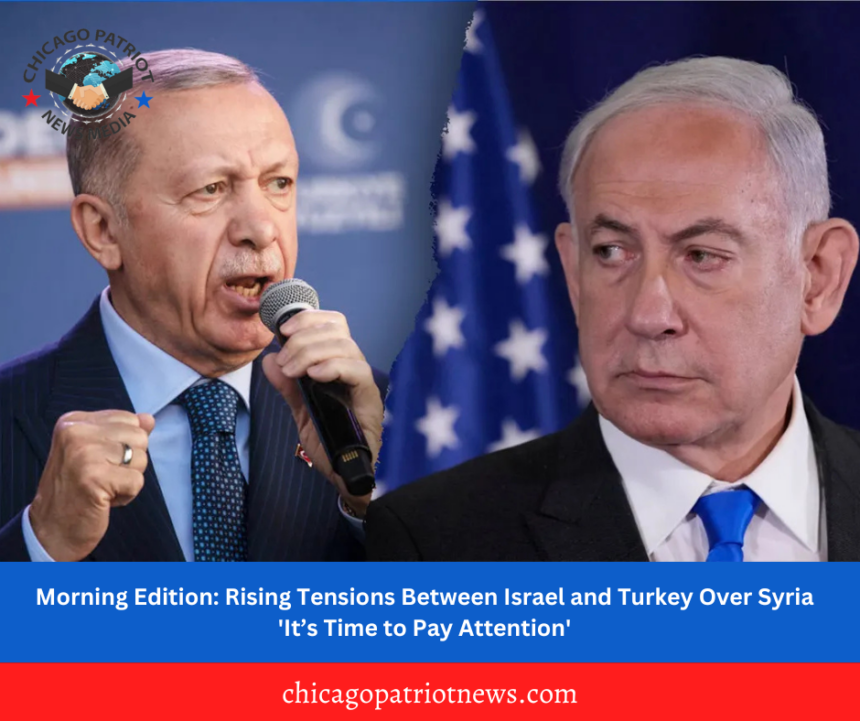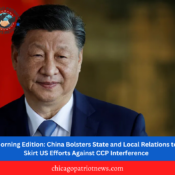Chicago December 19, 2024
Tensions between Israel and Turkey have escalated following a recent exchange of criticisms. Turkey condemned Israeli military operations in Syria and the expansion of settlements in the Golan Heights, which it described as an aggressive move by Israel. In response, Israel accused Turkey of invading Syrian territory and exerting control over parts of the country.
The disagreement intensified when Turkish President Recep Tayyip Erdoğan criticized Israel’s actions in Gaza and expressed strong support for Hamas, further straining relations. Erdoğan warned that Turkey could take action similar to its previous military involvements in Karabakh and Libya.
On the other side, Israeli Prime Minister Benjamin Netanyahu dismissed a 1974 ceasefire agreement with Syria, citing the abandonment of positions by Syrian forces. He emphasized the strategic importance of the Golan Heights for Israel’s security, particularly against threats from Iran and Hezbollah in Syria.
Amidst these rising tensions, experts highlight the mutual interest of both nations in avoiding a direct conflict. They note that Turkey is primarily focused on northern Syria while Israel concentrates on the southern region. Both countries have previously coordinated with Russia to prevent conflicts in Syria, suggesting that similar efforts might be needed to manage current tensions.
The situation remains delicate as both nations continue to assert their military and political influence in the region, raising concerns about the potential for increased instability.






